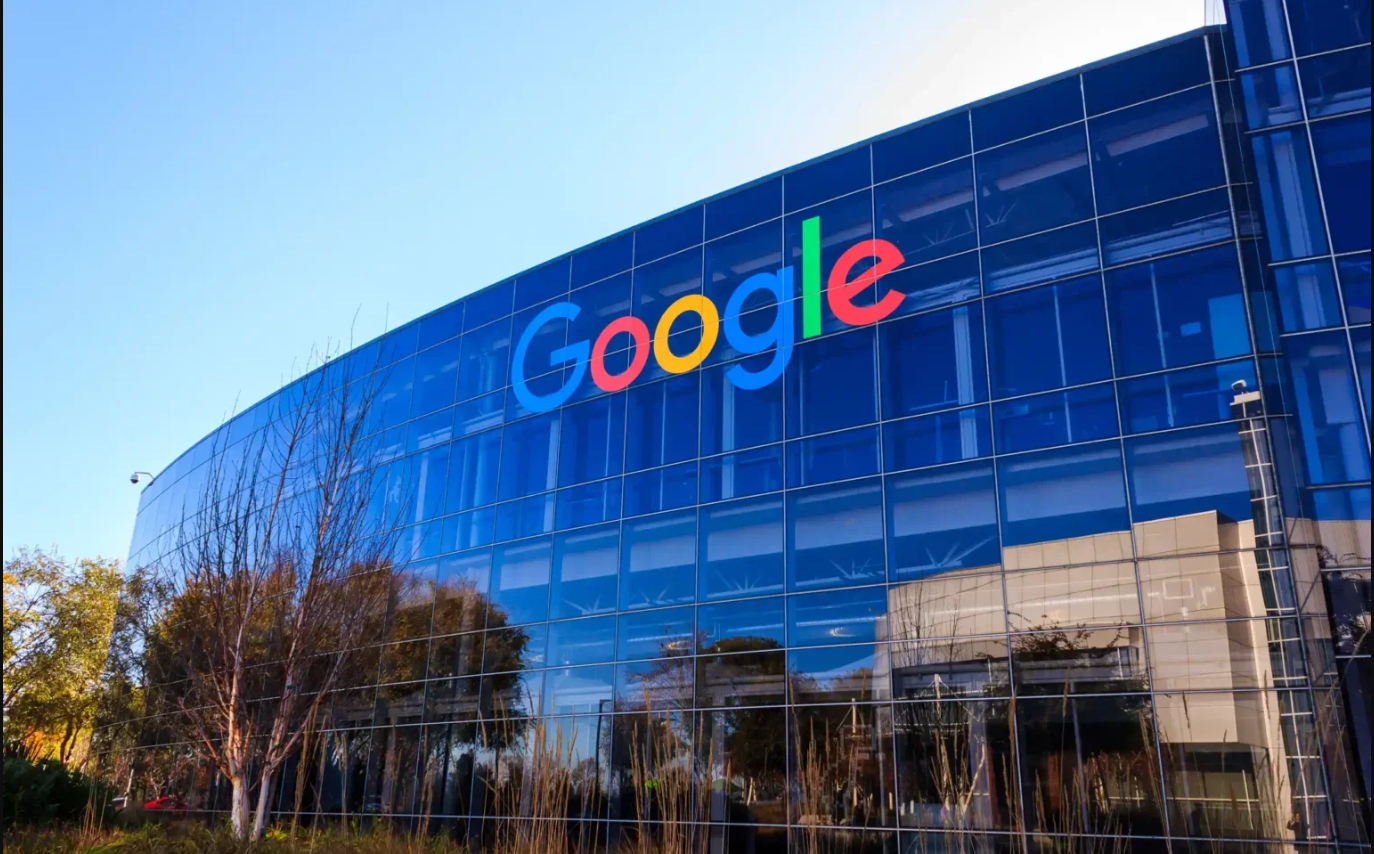Google is set to refine AI-generated search summaries in response to bizarre results, where its AI has responded to question asked by users. The bizarre responds include “being told to eat rocks or add glue to your pizza sauce”. It is reported that Google has been having some problems with its new AI search summaries, and now they’re making changes to fix it. Let’s go into the detail of what happened and what Google is doing about it.
Why the Weird Answers Happened
Earlier this month, Google released a new feature called AI Overviews in the US. This tool is supposed to give you quick, AI-generated summaries of your search results. But things didn’t go as planned. Instead of helpful answers, people got some pretty bizarre advice. Imagine searching for cooking tips and being told to add glue to your pizza sauce! These strange answers quickly went viral, and people started sharing funny and fake examples on social media.
The problem wasn’t just with funny searches like “how many rocks should I eat.” Some searches about real topics also gave wrong answers. For example, one search claimed Barack Obama was the first Muslim US president, which is a false conspiracy theory. These mistakes made Google look bad and turned into memes all over the internet.
Google’s Response to the Mistakes
Google knows it needs to fix these issues fast. Liz Reid, Google’s head of search, announced that the company is making changes to how AI Overviews work. They’re adding restrictions on what types of searches will get these AI summaries. They’re also making sure that satire and humor, like articles from The Onion, don’t get mixed into serious answers. This should help prevent some of the weird results people were seeing.
Reid also mentioned that Google found some patterns in the mistakes and made over a dozen technical improvements to their systems. They’re working hard to make sure the AI gives more accurate answers and doesn’t get tricked by unusual or silly searches.
Why AI Still Struggles
Even though AI is really smart, it still has trouble sometimes with making sure all its answers are correct. AI relies on the information it’s trained on, and if that information has gaps or errors, the AI might give wrong answers. This is a big challenge for all AI systems, not just Google’s.
Experts say that AI needs to be carefully monitored by humans to catch mistakes and improve accuracy. While AI can do a lot of amazing things, it’s not perfect. People need to keep an eye on it to make sure it’s giving helpful and correct information.
The Bigger Picture for Online Media
One of the big worries about AI summaries is how they might affect websites. When Google gives a quick summary of an article, people might not click through to the website that originally published the information. This could mean less traffic and less money from ads for those websites. It’s a big concern for online media companies.
There’s also a worry about how much control Google has over what people see online. If Google’s AI decides which information is important and how to summarize it, that gives Google a lot of power. Some researchers think this could be a problem because it means one company has a lot of control over what information people find and read.
What’s Next for Google’s AI?
Continued Improvements
Google isn’t giving up on AI Overviews. They’re working hard to make it better and more reliable. They believe that with the right improvements, AI can really help people find the information they need quickly and easily. They’ll keep listening to user feedback and making changes to improve the system.
Keeping an Eye on the Future
As AI technology continues to grow and change, it will be important to keep an eye on how it’s used. Companies like Google need to balance the amazing possibilities of AI with the need to be careful and accurate. With the right balance, AI can be a powerful tool for everyone.
Conclusion: Learning from Mistakes
Google’s experience with AI Overviews shows that even the most advanced technology can make mistakes. But by recognizing those mistakes and working to fix them, Google is showing a commitment to improving its tools and making sure they’re helpful for users. As AI continues to develop, it will be exciting to see how these technologies can make our lives easier—just as long as we don’t end up eating rocks!
